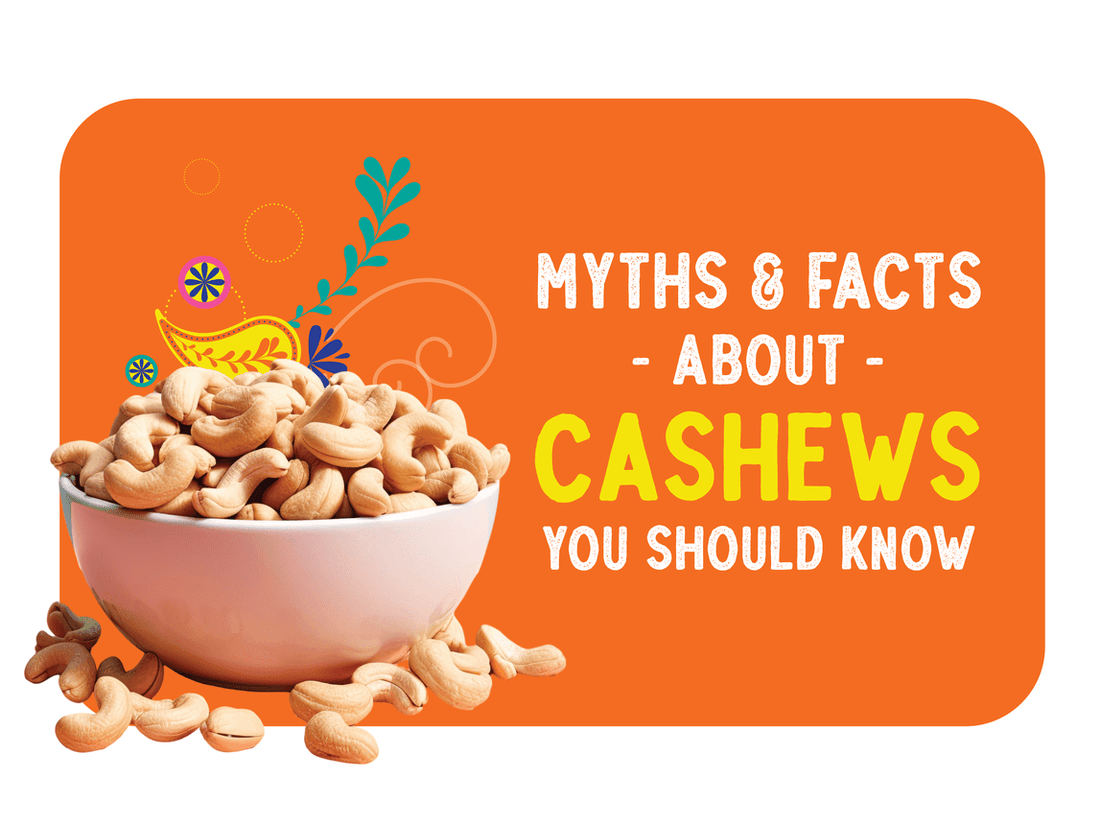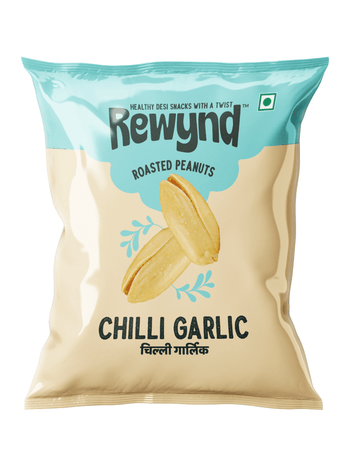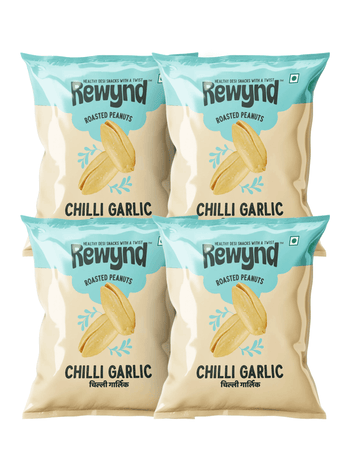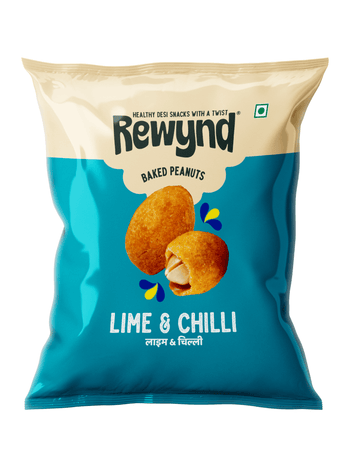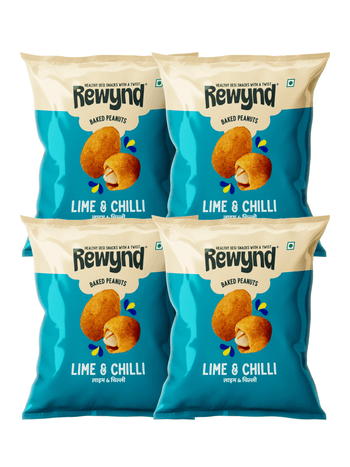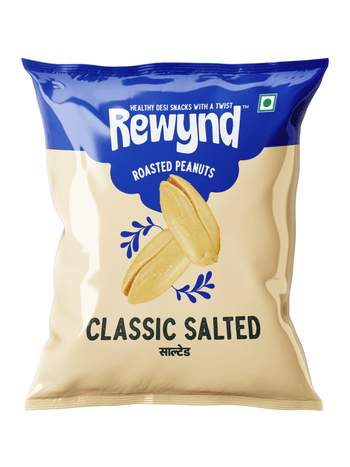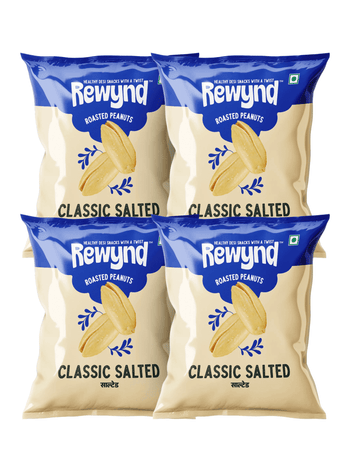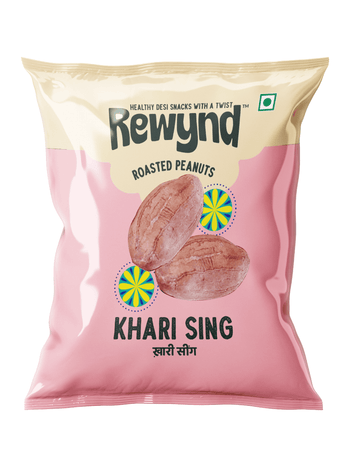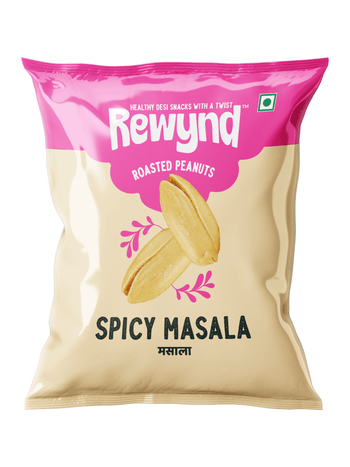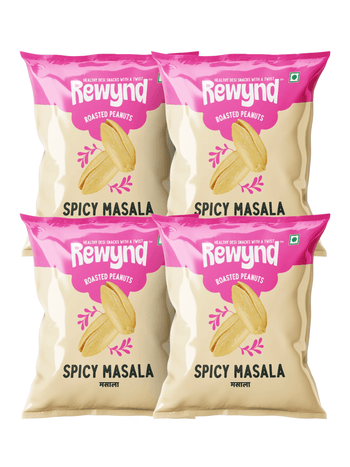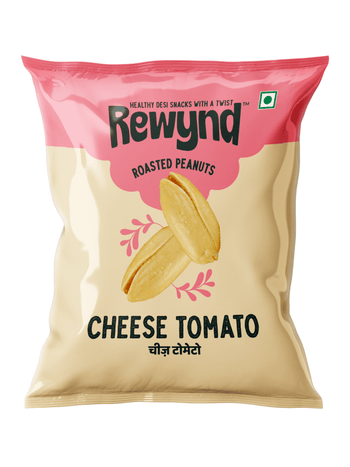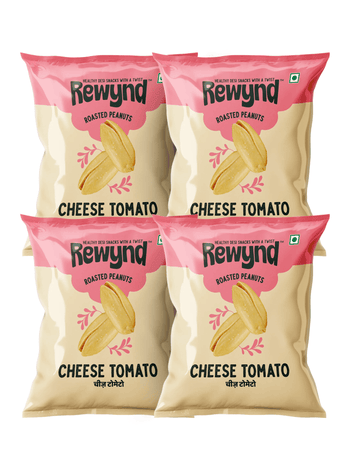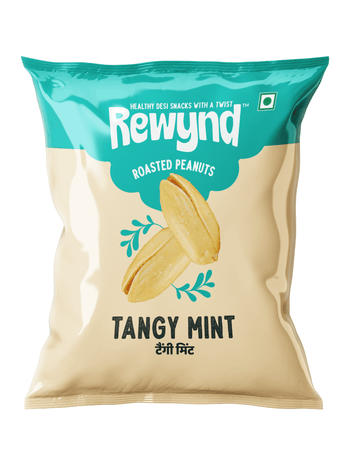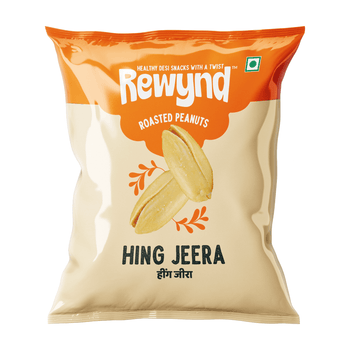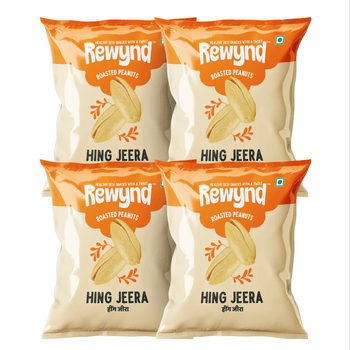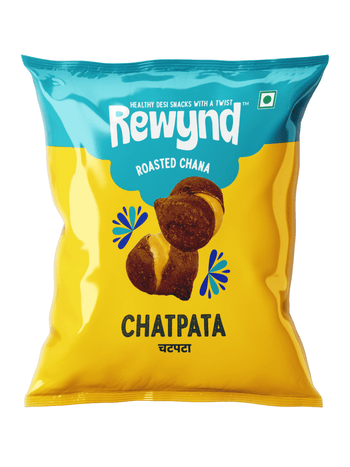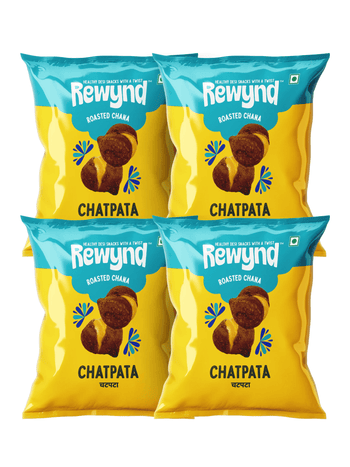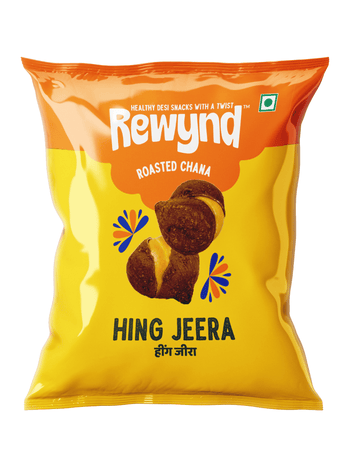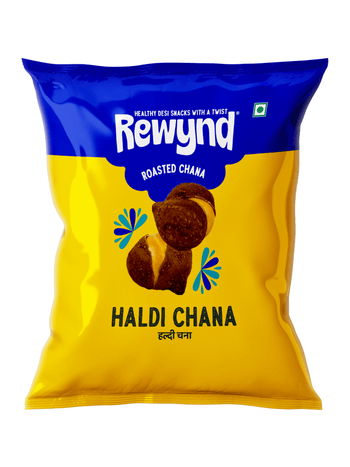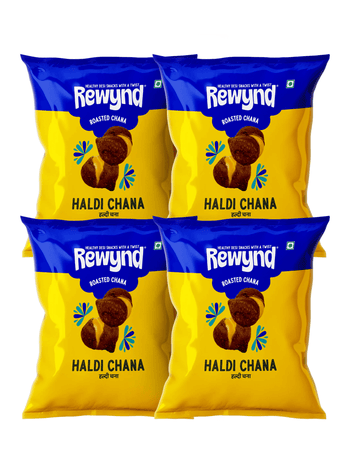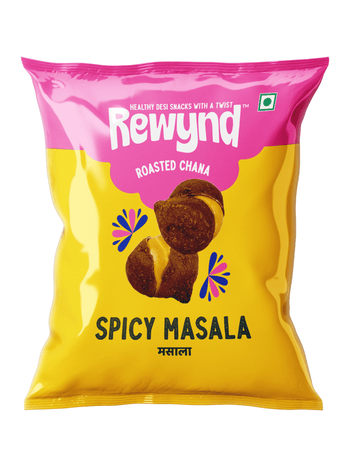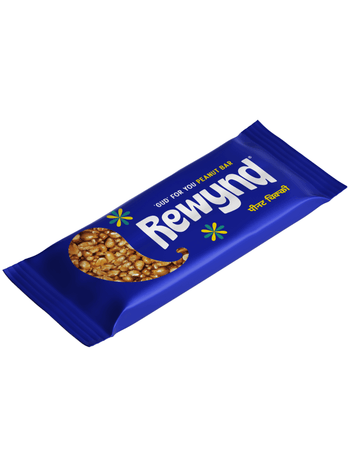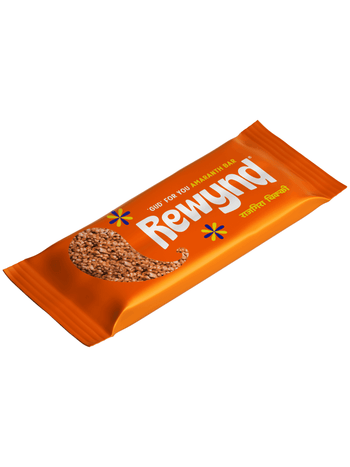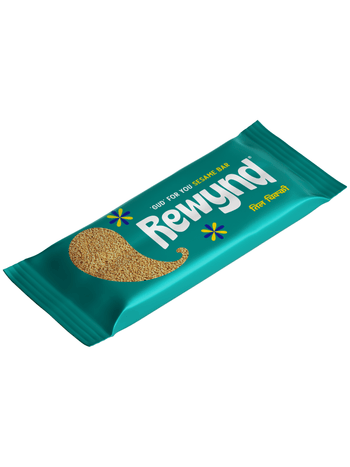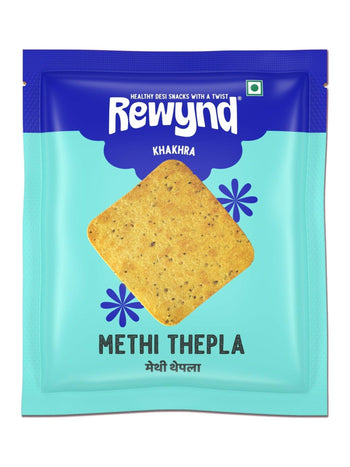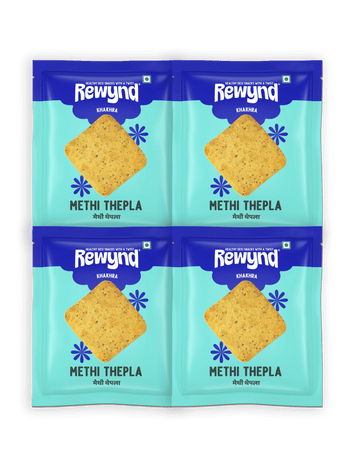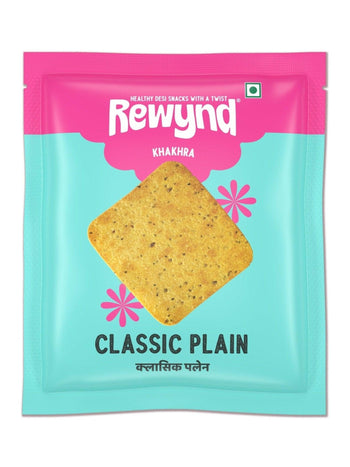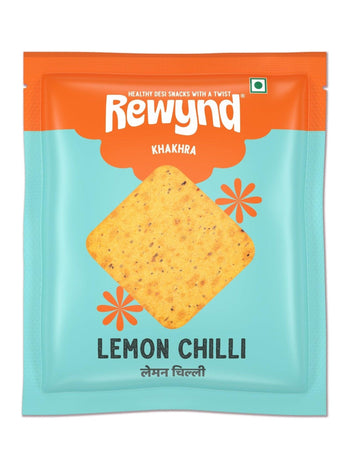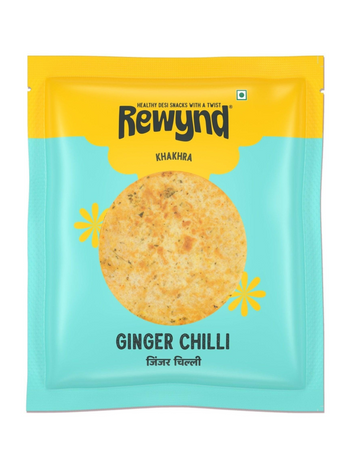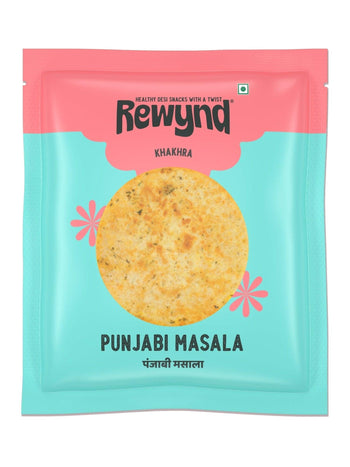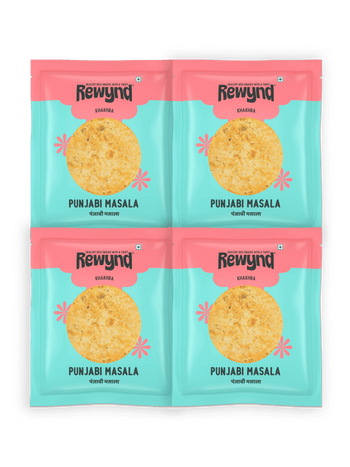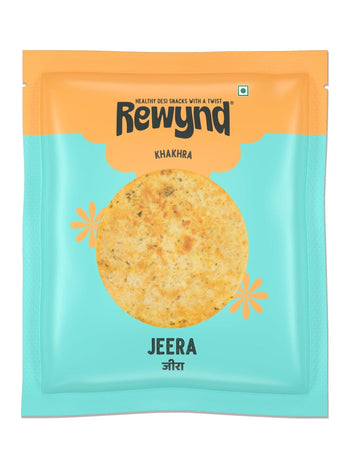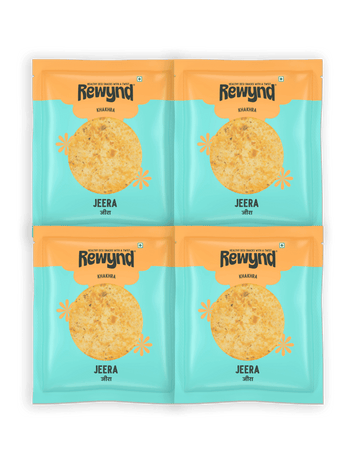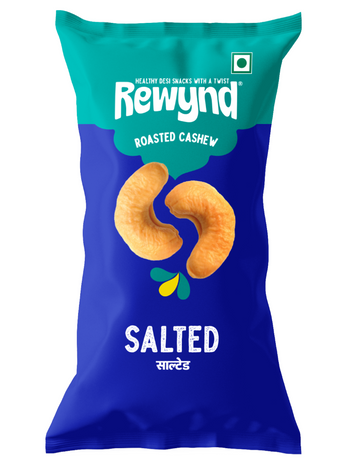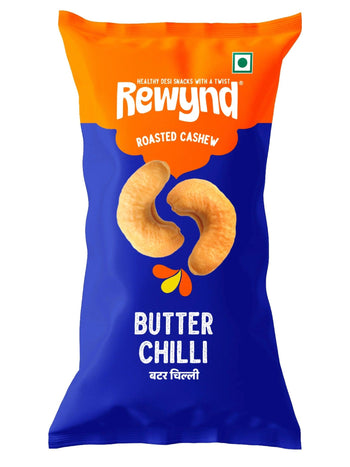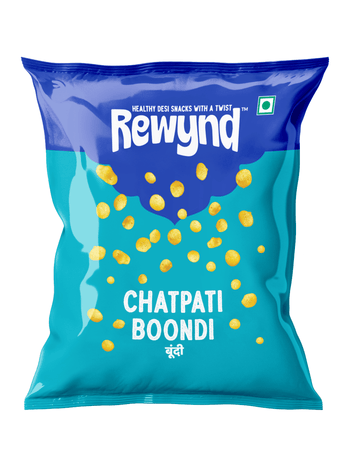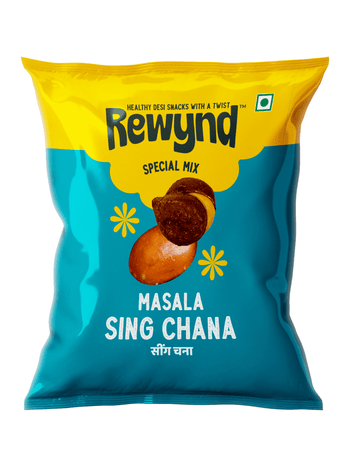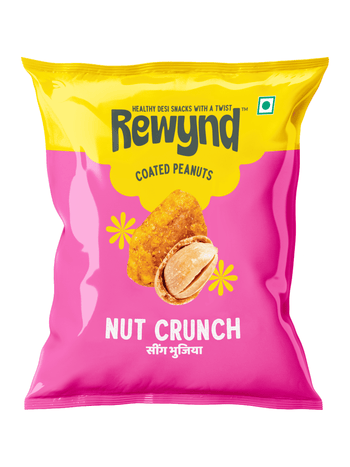Savdhan rahe, Satark rahe!
Oh, we didn’t mean there was any danger. Beware of false sources which keep you away from good things. People who spread myths about things which, in reality, are just so good, like sweet little cashews.
We have heard from so many people who are sceptical about eating cashews. And us being us, we could not just sit around and watch people running away from good, healthy things. So, here’s a quick cashew myth buster for you so that you can make the right choice, eat healthy and stay happy!
Myth No. 1 is that you’ll gain weight if you eat Cashews regularly!
That’s what the modern media and some so-called experts have conditioned people to believe, and the reasoning behind that is that cashews are high in calories and fat content, which leads to weight gain. But we are sure, as a wise and rational person, you would want to believe in scientific evidence!
Recent research conducted by the United States Department of Agriculture (USDA) suggests that a portion of fats remain trapped in the fibrous wall of cashews, and because of that, our body does not absorb all the calories present in these nuts.
Besides, the fibre and protein content of cashews will keep you fuller for longer, thus decreasing your appetite and helping you lose weight, saving you from eating junk food.
Myth No. 2 is that Cashews will raise your Cholesterol and Blood Sugar levels!
This cannot be any further from the truth. Multiple studies have shown that cashews contain monounsaturated and polyunsaturated fats, which are considered ‘healthy fats’ and reduce the degree of bad cholesterol called LDL (low-density lipoprotein) responsible for heart problems.
Besides, the fibre content also helps reduce the cholesterol level in our blood, and therefore, regular consumption of cashews in moderate amounts will be beneficial for your heart and cardiovascular health in the long term.
Did you know a 2018 study published in the Journal of Nutrition found that people with type 2 diabetes who consumed 30 grams of raw, unsalted cashew nuts every day for 12 weeks saw a decrease in cardiovascular risk factors, such as blood pressure, and an increase in HDL (or "good") cholesterol! Again, all thanks to the monounsaturated and polyunsaturated fats, which can lower LDL cholesterol levels.
The fact that cashews are low in sugar and high in fibre also helps reduce the glucose level. Eventually, it reduces the chances of developing type 2 diabetes.
So, all in all, it’s actually the opposite case here. It does not increase your cholesterol or blood sugar levels; it helps reduce it and improves your heart health significantly.
Myth No. 3 is that eating Cashews will give you Acne!
No, No, No. Such a big myth, that is! You know that Vitamin E and Vitamin C are so essential for healthy, glowing skin, correct? Cashews contain both Vitamin E and Vitamin C, along with antioxidants and other essential minerals such as Selenium, Magnesium, Manganese, Zinc, etc. This helps in fighting off ageing and keeps your skin youthful and glowing!
We’ll also let you in on a little secret; come on! You can also use Cashew nut oil to have radiant, glowing skin, as Gargi Sharma, Manager Weight Management, Aayna suggested.
This is not it. We have just busted some serious myths around cashews. Now, it’s time to find out some interesting facts about them.
Interesting Facts About Cashews:
- The cashew is a perennial, evergreen plant in the species called Anacardiaceae family. There are about 400–600 species in this family. The cashew is the only species in the genus Anacardium that is valuable because of its nutritious kernel out of the eight species. Tropical cashew trees can be found in Brazil and South America and produced in other parts of the world, like Vietnam, India, South Africa, and Sri Lanka.

- Apart from this, you’ll be surprised to know about the fact that Cashew bits are high in selenium and are beneficial for cancers of the liver, brain, skin, and gastrointestinal tract.
- It protects us from free radicals damaging our body by providing antioxidants and healthy fibre, which also help prevent the growth of cancer cells.
- Proanthocyanidins are a class of flavonoids that combat tumour cells and stop them from increasing. Proanthocyanidins and high copper content in cashew nuts fight colon cancer.
- ZeaXanthin, a potent antioxidant pigment, is found in cashews, which creates a protective layer over our retina, thereby blocking the UV rays and supporting our eye health. See, it's not only carrots that are beneficial for our eyes; add cashews to the list of foods that protect the eye.
- Another interesting nutritional fact about cashews is that a quarter cup contains about 22.3% magnesium and calcium, which are necessary for maintaining the tone of muscles and nerves. It functions as a natural calcium channel blocker by preventing calcium from flooding into the nerve cell and activating the nerve. This maintains the nerves pliable by controlling the calcium entrance.
- Not only that, according to recent research, magnesium reduces the frequency of headaches, circulatory strains, and cardiovascular failures. It also helps regulate the effects of hormones on menopausal women and lessens the severity of asthma. How cool!
Now that you have better clarity about cashews, it’s time to add these little powerhouse nuts to your daily diet. Here are some simple and easy ways to add nuts to your daily weight-loss diet.
If you are still sceptical about these tiny delicious nuts, you can always put on your scientist hat and experiment for yourself because you’ll not be disappointed. While you experiment, why don’t you also experiment with some flavourful cashew nuts to add flavour to the boring diet routine? We’ll leave you to find out. Till then, eat healthy, stay happy!
